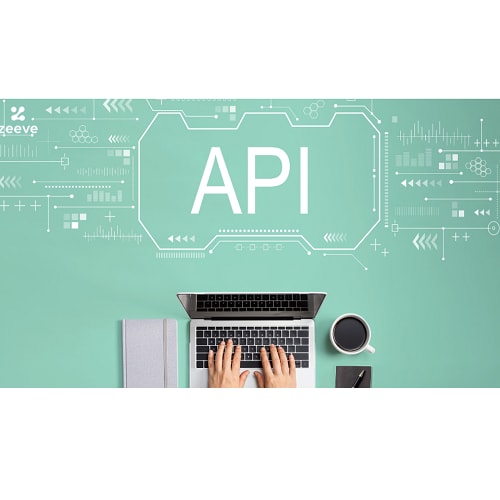Introduction
In today's digital age, websites have become more than just online brochures; they are dynamic platforms that connect to various services, applications, and data sources. One of the essential skills for a modern WordPress developer is API integration. APIs, or Application Programming Interfaces, enable websites to communicate with other systems, access external data, and perform a wide range of functions. In this blog post, we'll explore the latest trends in API integration in WordPress and how you can leverage them to enhance your website's functionality.
Understanding API Integration
Before we delve into the latest trends, it's crucial to understand what API integration is. In simple terms, API integration is the process of connecting your WordPress website to external services and applications through APIs. This allows you to expand your website's capabilities, automate tasks, and provide a more seamless user experience.
RESTful APIs
RESTful APIs have been the dominant trend in API integration for WordPress and other web platforms. Representational State Transfer (REST) is an architectural style that uses HTTP methods like GET, POST, PUT, and DELETE to interact with resources. RESTful APIs are easy to work with, highly scalable, and widely supported. They offer a structured and standardized way to fetch and manipulate data from external sources.
GraphQL
GraphQL is an exciting trend in API integration for WordPress. Unlike RESTful APIs, GraphQL allows clients (in this case, your WordPress site) to request precisely the data they need, no more and no less. This results in more efficient data retrieval and can reduce the amount of unnecessary data sent over the network. By using the WPGraphQL plugin, you can integrate GraphQL into your WordPress website seamlessly.
OAuth 2.0 Authentication
Security is a paramount concern when integrating APIs into your WordPress website. OAuth 2.0 has become the de facto standard for API authentication. It allows your website to access external services securely without exposing sensitive user credentials. The OAuth 2.0 authentication process typically involves exchanging tokens and providing limited, controlled access to resources.
Headless WordPress
Headless WordPress is a trend that decouples the front-end and back-end of a WordPress site. The back-end, which includes the content management system, remains in WordPress, while the front-end can be built using any technology, such as React, Vue, or Angular. This approach enables greater flexibility in integrating APIs to enhance the front-end experience.
Real-time Data Integration
Users today expect real-time information and updates. To meet this demand, consider integrating APIs that provide real-time data. For instance, integrating the Twitter API can display real-time tweets on your WordPress site, while integrating a weather API can offer up-to-the-minute weather information. Real-time data integration enhances user engagement and keeps your website content fresh and relevant.
Headless Commerce
E-commerce websites can benefit from the headless approach, allowing for API integrations with popular e-commerce platforms like WooCommerce or Shopify. By decoupling the e-commerce functionality from the front-end, you can create a highly customizable shopping experience with better performance and scalability.
Conclusion
API integration is an indispensable skill for WordPress developers. Staying up-to-date with the latest trends in API integration can give your website a competitive edge. By adopting RESTful APIs, GraphQL, OAuth 2.0, headless WordPress, real-time data integration, and headless commerce, you can create a feature-rich, responsive, and secure WordPress website that keeps your visitors engaged and satisfied.
As you explore these trends, always prioritize security, follow best practices, and keep an eye on emerging technologies. With the right approach to API integration, your WordPress website can become a dynamic, data-rich, and user-friendly platform that stands out in the crowded online landscape.



Top comments (1)
Nice summary of the state-of-play. Thanks for putting this together John, and welcome to dev.to!